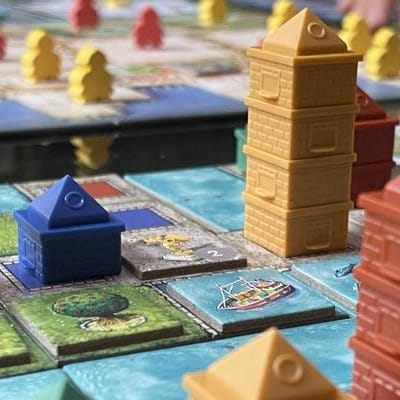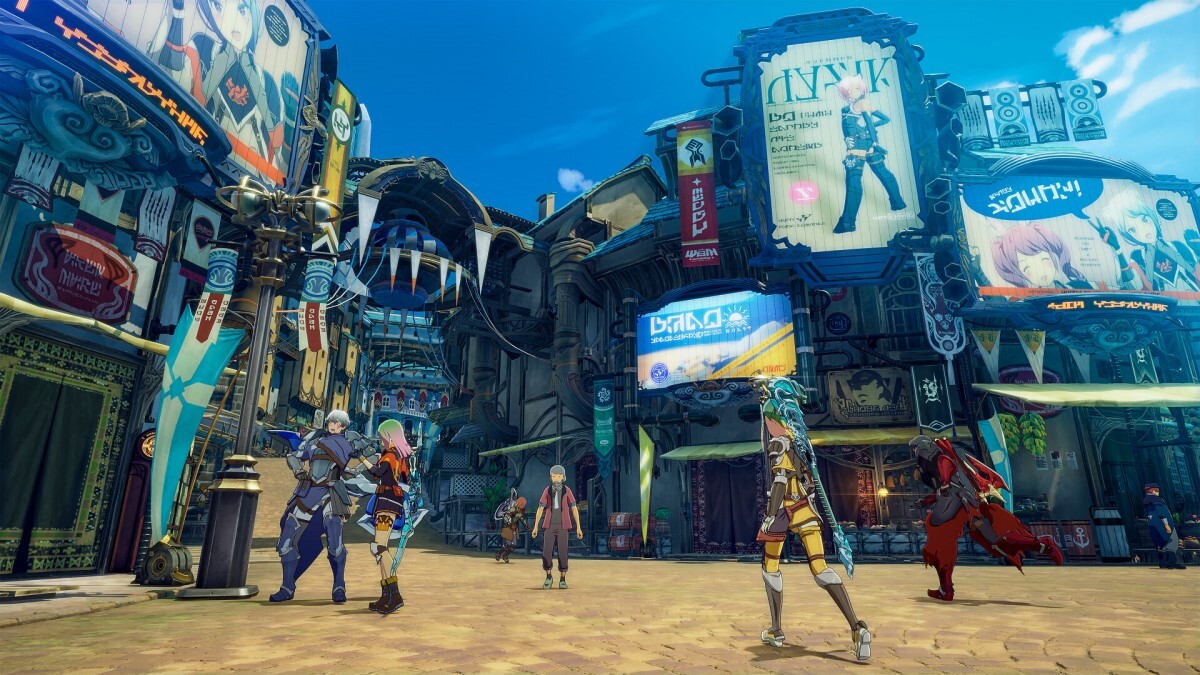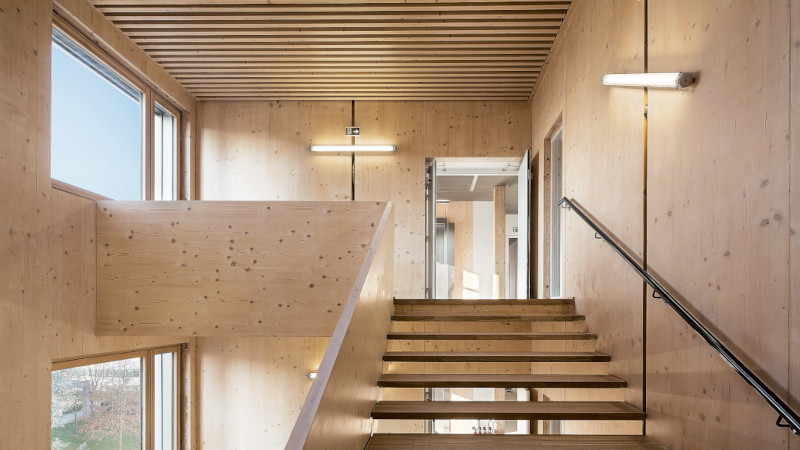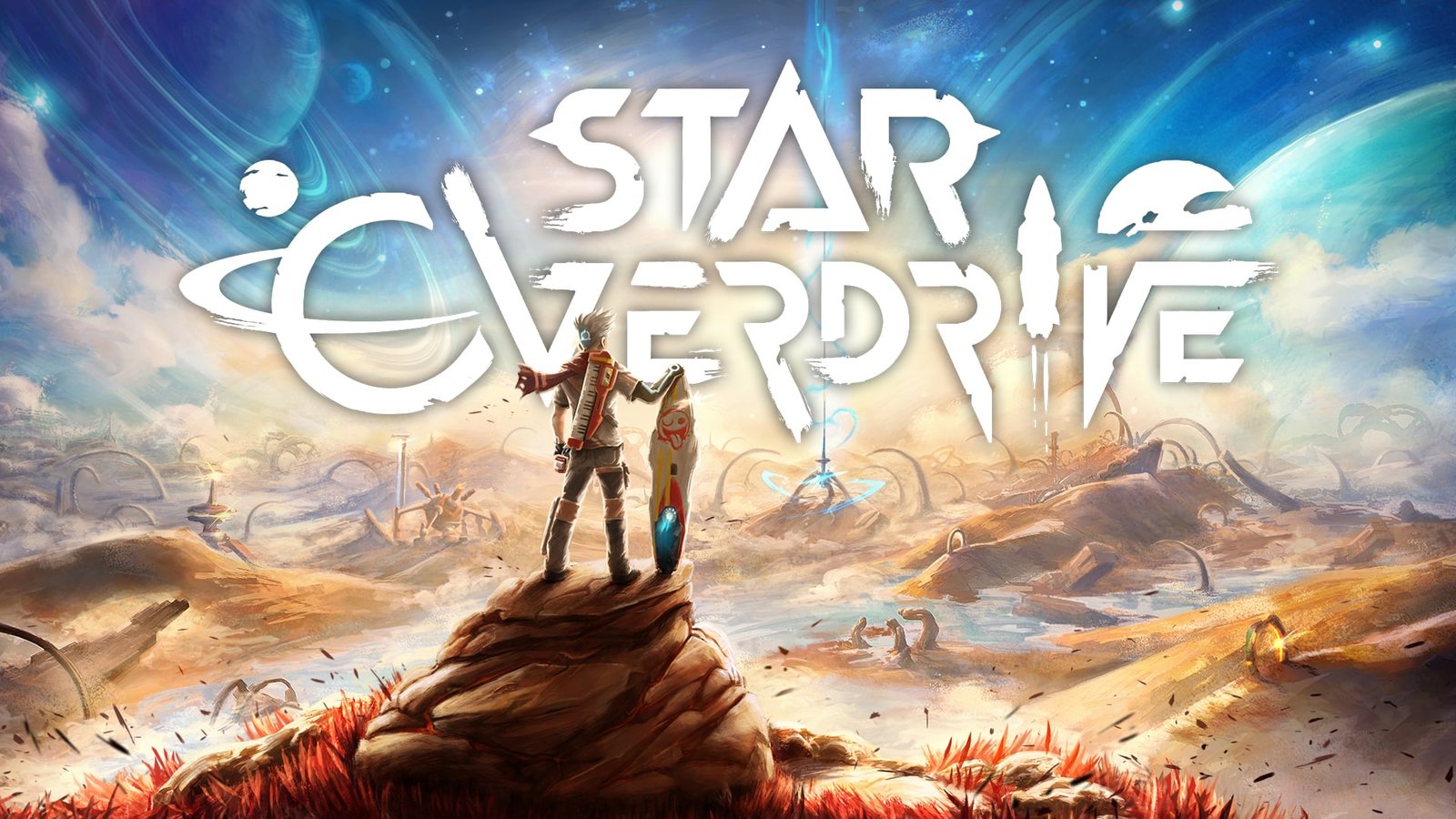Cities It is a city building game that is placed at the heart of its mechanics and which was prepared by Iello in the translation.
Image: Prototype (translation in progress)
In this game published by Devir, the game takes place over eight rounds, each of which presents choices that require you to prioritize your actions. On your turn, you will place one of your four workers on the central board to collect a score card (Photovoltaic Endgame), either large neighborhood tiles to develop your city, small improvement tiles, or stackable building blocks. Each round, you will only be able to make one addition of each of these categories of items. So you should think carefully about the order in which you take things (recovering the first player's pawn is also a possible option in terms of improvements) and what options you leave for your opponents in the process.
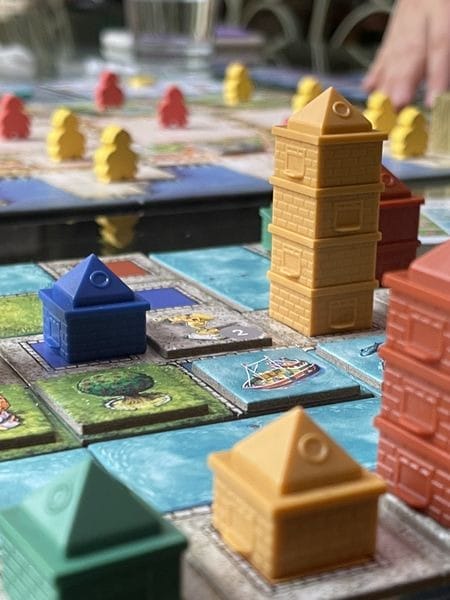

Photo by Francisco Rojas
City blocks consist of garden areas, water areas, and buildings of different colors. As you place building blocks on the corresponding colored squares, your city will start to grow, with buildings rising from one to four stories tall. You'll have to build your city in order to achieve one of three common goals as quickly as possible (such as having four buildings of different colors and heights, providing water in at least 7 squares, etc.) which adds another small layer of strategy and will be worth valuable points if you're faster than the others.
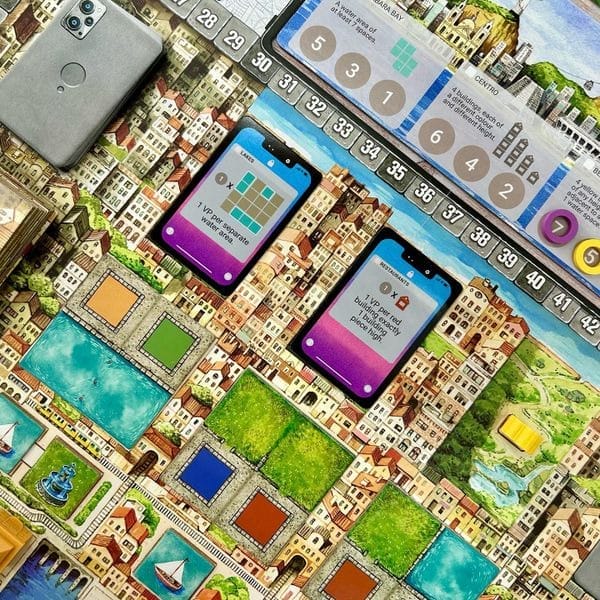

Spaghetti maples pictures
Additionally, if you pick up the right scoring cards as the game progresses, they will merge with each other and be worth more points. Additionally, they end up looking quite similar, and the game pushes you a bit to use the same items to increase your chances. These cards also give a direction to follow in building your city, such as having buildings of a certain color and height, green or water areas connected to each other, etc.
Small improvement tiles They are tokens placed in green or water areas that will give you points at the end of the game based on different combinations of tokens.
When you take an item, you must immediately place it in your city, and you cannot move it anymore. It is up to you to do your best to maximize your total points, between your personal goals, common goals, and item groups, knowing that your city will have to create a 3×3 square. All that… without forgetting to keep an eye on others – if you only focus on your strategy without playing counterattacks, the end of the game can be surprisingly painful!
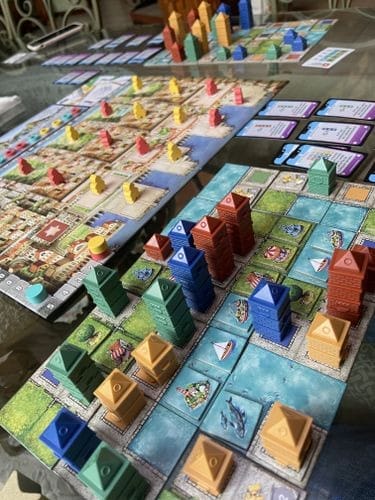

Photo by Francisco Rojas
Designed by Steve Finn and Phil Walker Harding and illustrated by Jorge Tabanera. Cities Games are for groups of 2-4 players, aged 10 and up, and last approximately 40 minutes. Sydney, Venice, New York, Barcelona, Rio de Janeiro, Lisbon, Mexico and Buenos Aires are all in the game – and they provide the common objectives.
The game design is fairly classic (simple placement of workers, placement with multi-registration restrictions), but it will be able to satisfy more experienced players. In terms of positioning, we are actually almost for the general public, like a little Harmonies But we will be sorry that Dr.A. Not hot and impressive, even if it is in terms of publishing, the proposal remains clean and quite readable in terms of engineering. In any case, the game design is solid, if not innovative. How do the parties really renew themselves? Does it have what it takes to be permanently stable? We’ll need more perspective to say that. But it remains an honest, accessible, and disciplined (not to mention standardized) proposal. We wouldn’t expect anything less. Steve Finn (bibliothèque, herbaceous) And Phil Walker Harding (Sushi Go, Gizmos, Barenbark, Imhotep…). VF is expected to take place in October/November.
You may be interested…

“Tv geek. Certified beer fanatic. Extreme zombie fan. Web aficionado. Food nerd. Coffee junkie.”

